Beyond the Purr: Understanding and Managing Feline Dental Health
Cats, known for their stoic nature, often endure discomfort without showing outward signs of pain. One of the more elusive yet serious conditions that can affect our cats is resorptive lesions. At WesVet Animal Hospital in Brentwood, Tennessee, we understand how these silent sufferers may not express their pain, making conditions like feline odontoclastic resorptive lesions (FORL) particularly concerning due to their stealthy nature. Recognizing the early signs is crucial for effective management and ensuring the well-being of your cat.
What are Resorptive Lesions?
Resorptive lesions in cats occur when the body inexplicably begins to break down and absorb tooth structure, leading to potentially severe dental issues. There are two main types:
- Type 1: Involves inflammation around the tooth root, where the cementum and dentin are destroyed but the root remains.
- Type 2: Characterized by the replacement of the tooth structure with bone-like material, often resulting in the disappearance of the root.
The exact cause of these lesions remains unknown, but factors such as periodontal disease, viral infections, nutritional deficiencies, and genetics might play roles.
Signs and Symptoms
Since cats are adept at hiding discomfort, spotting the early signs of tooth resorption can be challenging for even the most attentive cat owner. However, some subtle clues may indicate an issue:
- Changes in eating habits, such as dropping food or chewing on one side of the mouth
- Excessive drooling
- Reluctance to groom themselves
- Pawing at the mouth
- Red or inflamed gums
- Visible lesions on the teeth in more advanced stages
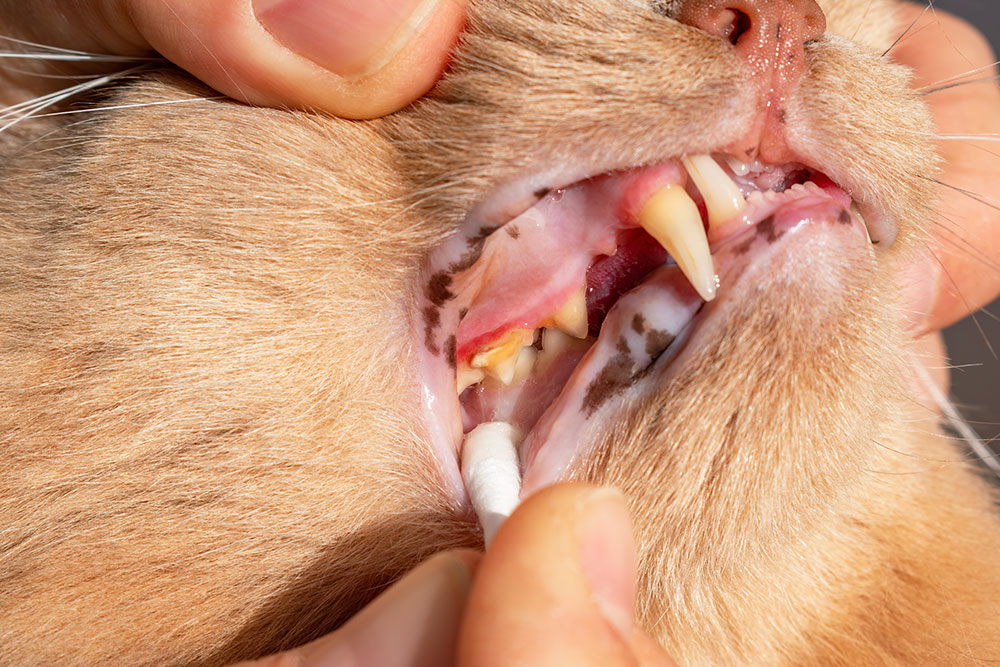
Diagnosis and Treatment
Diagnosing resorptive lesions necessitates a thorough oral examination by a veterinarian, which often requires sedation or anesthesia to accurately assess the condition. Treatment varies based on the severity and type of lesion:
- Early-stage lesions may be managed with specific medication and dietary adjustments.
- Advanced lesions typically require the surgical removal of the affected teeth to alleviate pain and prevent further health complications.
WesVet Animal Hospital provides comprehensive dental cleanings under anesthesia, a critical service for both diagnosing and treating feline dental issues.
Prevention Strategies
Preventative dental care is paramount in reducing the risk of resorptive lesions. Cat owners can take several proactive steps:
- Schedule regular dental checkups with your veterinarian. You can make an appointment with us to ensure your pet’s oral health remains a top priority.
- Regularly brush your cat’s teeth using pet-safe toothpaste and a suitable toothbrush.
- Offer dental-friendly treats and toys that help clean the teeth.
- Consult your vet about a dental-specific diet if recommended.
Living with Resorptive Lesions
With proper treatment, cats can continue to live a happy and comfortable life post-diagnosis. Managing a cat with dental issues involves:
- Providing soft, easily chewable food
- Monitoring for signs of discomfort or pain
- Keeping up with regular veterinary checkups to monitor dental health and overall well-being
WesVet Animal Hospital: Your Partner in Feline Dental Health
At WesVet Animal Hospital, we are dedicated to delivering exceptional dental care tailored to the needs of cats. Our team of skilled veterinarians is well-versed in diagnosing and treating resorptive lesions, ensuring that your cat receives the best possible care. .
We encourage all cat owners to be vigilant about their pets’ dental health. If you have any concerns or wish to discuss your cat’s specific needs, please visit our contact page to get in touch with our team. .
Understanding and preventing resorptive lesions in cats are vital for maintaining their health and quality of life. Early detection and proactive dental care are key in managing this painful condition. If you have any concerns about your cat’s dental health, do not hesitate to reach out to WesVet Animal Hospital. .
Help your cat maintain a healthy, pain-free smile by scheduling a dental checkup with us. You can easily request an appointment at WesVet Animal Hospital and take the first step toward ensuring a lifetime of comfortable, happy purrs.


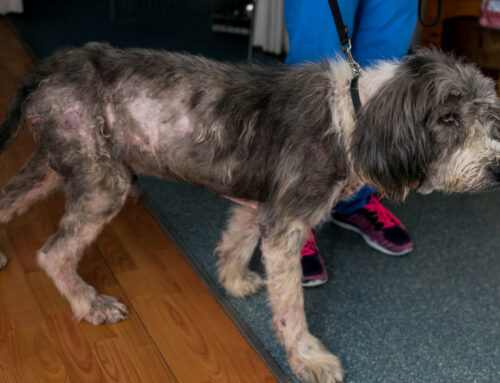
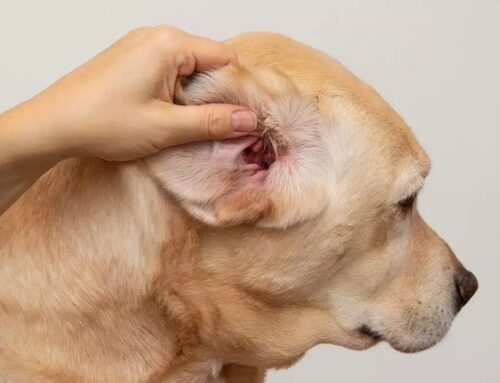
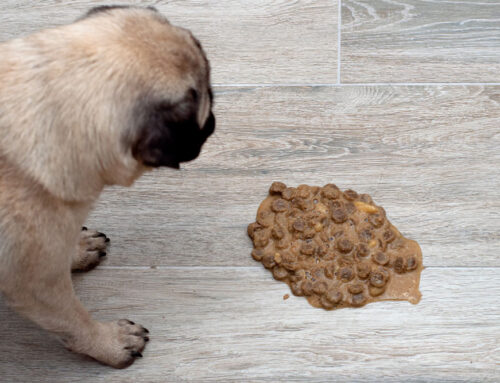
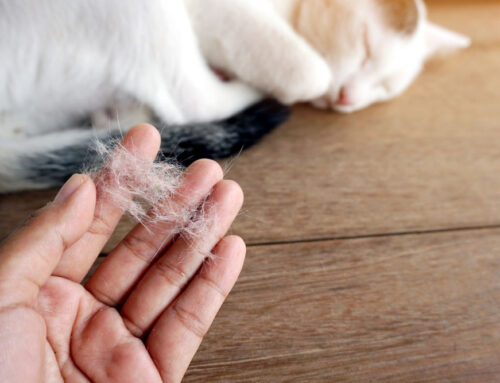

Leave A Comment